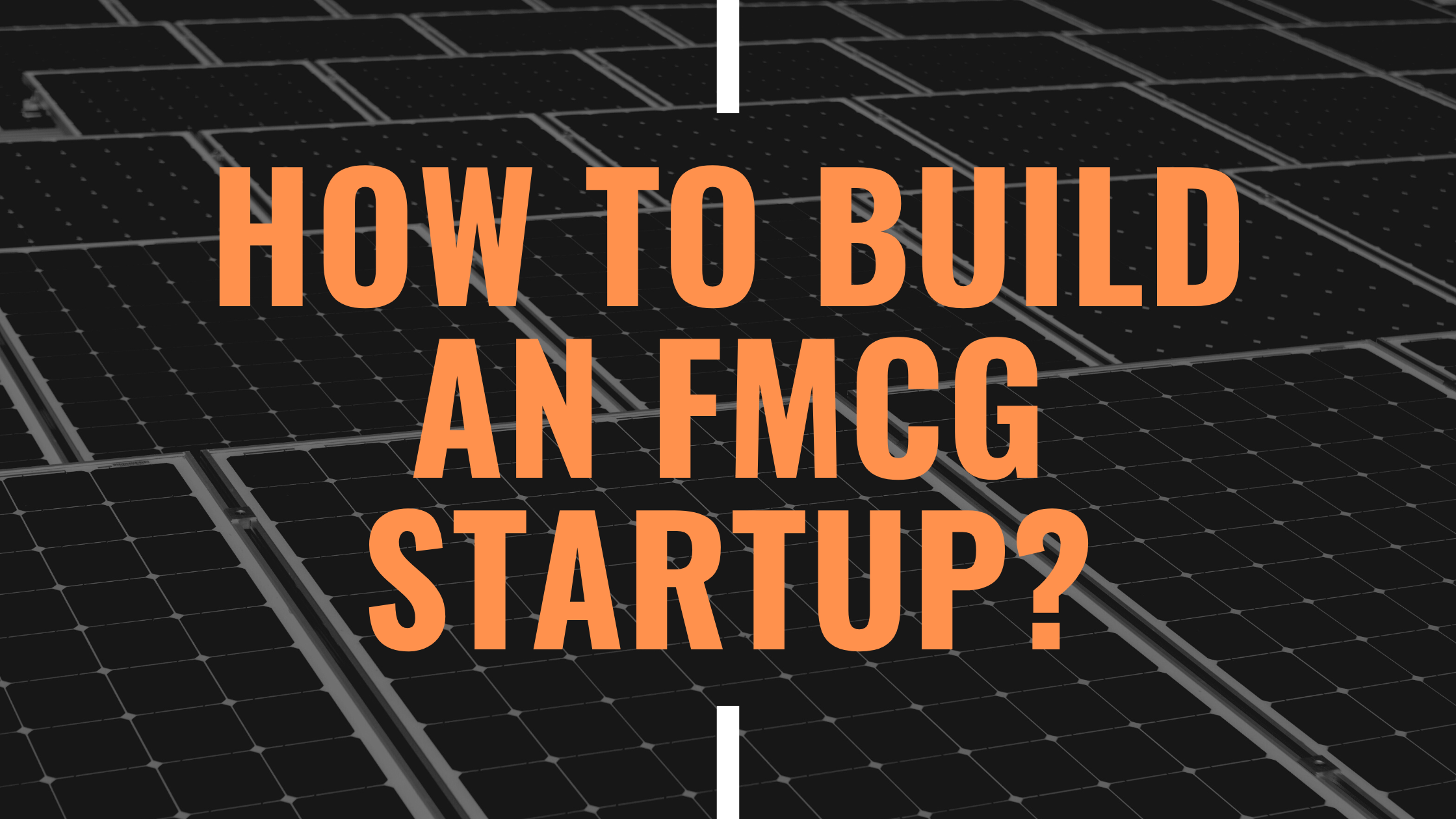In the vibrant landscape of India’s Fast-Moving Consumer Goods (FMCG) industry, startups are carving their niche with innovation and determination. This blog explores the essential steps to build a successful startup in the FMCG sector, using real-life examples from India’s entrepreneurial scene.
1. Identify a Gap:
Begin by identifying an unmet need in the market. Case in point: Paper Boat, an Indian startup that recognized the lack of authentic regional beverages in the market. They filled this gap by creating a range of traditional, ethnic drinks, appealing to the nostalgia of consumers.
2. Product Innovation:
Innovation is the lifeblood of the FMCG industry. Vahdam Teas, a homegrown brand, revolutionized the tea industry by delivering fresh, high-quality teas directly from Indian farms to consumers worldwide. Their innovative supply chain disrupted traditional models and appealed to health-conscious consumers globally.
3. Quality Assurance:
Quality is paramount. Amul, often hailed as the “Taste of India,” established itself as a cooperative brand, ensuring high-quality dairy products. By maintaining consistent quality, they gained trust and loyalty, essential in the competitive FMCG sector.
4. Effective Marketing:
Create a compelling brand story. Paper Boat leveraged the power of nostalgia, narrating stories through its packaging and marketing. This emotional connection resonated with consumers, making them loyal patrons of the brand.
5. Distribution Network:
A robust distribution network is crucial. Patanjali, founded by Baba Ramdev, utilized traditional and digital channels effectively. Their widespread availability, coupled with aggressive marketing, catapulted them into the hearts of Indian consumers.
6. Customer Engagement:
Engage with your audience actively. Zomato, originally a restaurant discovery platform, expanded its services to grocery delivery. By adapting to market demands, they enhanced customer engagement, making themselves indispensable during the pandemic.
7. Adaptability and Scalability:
Stay adaptable to market trends. Dabur, a household name, diversified its product range from Ayurvedic medicines to personal care and food products. Their ability to adapt and scale according to consumer needs has been a key factor in their long-standing success.
8. Incorporating Solid Sales Strategies:
Building a strong diversified distribution network is the key. To expand your reach you can rely on e-commerce platforms and collaborate with local retailers. Implementing effective pricing strategies can help you go a long way. Occasional discounts, and bundle deals can be designed considering production costs, competitor pricing, and perceived value by consumers.
9. Cultivating A Strong, Passionate Team:
Recruit individuals who are not just skilled but also passionate about the FMCG industry. A team that believes in your vision and is dedicated to achieving it can drive your startup towards success. Also, it is important to promote a culture of collaboration and open communication within the team. Regular team meetings and brainstorming sessions can help team members with free exchange of ideas and feedback thereby fostering creativity and problem-solving techniques.
Conclusion:
Building a startup in India’s FMCG industry demands innovation, quality, effective marketing, a strong distribution network, customer engagement, and adaptability. By learning from the successes of pioneering brands like Paper Boat, Vahdam Teas, Amul, Patanjali, Zomato, and Dabur, aspiring entrepreneurs can navigate the complexities of the FMCG sector and create enduring brands that resonate with consumers, not just in India but globally. Remember, the key lies in identifying opportunities, staying agile, and consistently delivering value to the consumers’ lives.
Get in touch with NU Partners if you want us to help grow your FMCG Startup

